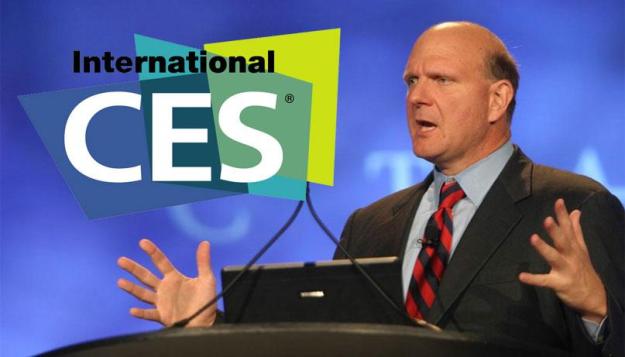
According to Microsoft’s head of corporate communications Frank Shaw, the software giant plans to discontinue the relationship with the Consumer Electronics Show after the upcoming show during January 2012. In previous years, Microsoft has taken up a significant portion of space in the Central Hall at the Las Vegas Convention Center. The reason behind pulling out of the event is attributed to different timing on software and hardware announcements. However, Microsoft does plan to work with other companies participating within the show when they will be showing off a product using a Microsoft operating system, PC or mobile.

Either way, this move to pull away from the show mirrors Apple’s decision during 2008 to stop setting up a booth at the MacWorld Conference & Expo as well as giving the keynote address at that trade show. According to Apple’s Philip Schiller, the company decided to halt the relationship with MacWorld as Apple officials believed that trade shows were an insignificant method in reaching customers. While many CES attendees will likely miss Microsoft’s presence at the show in upcoming years, CEA officials has already heard from companies on its waiting list that are interested in taking Microsoft’s space on the show floor.


